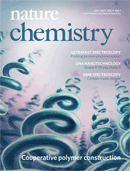 For the first time in its eight-year history, Nature Chemistry has retracted a paper, citing “data integrity issues.”
For the first time in its eight-year history, Nature Chemistry has retracted a paper, citing “data integrity issues.”
The 2010 paper, which explored how various iron-based molecules interact with water and ethanol, was withdrawn after the authors uncovered possible duplication in two images.
According to the retraction notice, the authors could not provide the raw data to confirm their findings and could not reproduce the figures because the experimental set-up had been dismantled. The authors subsequently requested the paper be retracted because the issues undermined “our full confidence in the integrity of the study.”
Here’s the retraction notice for “Charge transfer to solvent identified using dark channel fluorescence-yield L-edge spectroscopy”: Continue reading Nature Chemistry issues its first retraction

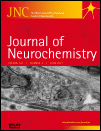 A neurochemistry journal has retracted a paper from a group in China over a duplicated image.
A neurochemistry journal has retracted a paper from a group in China over a duplicated image.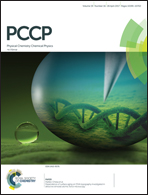
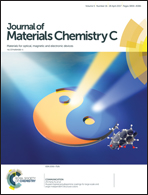
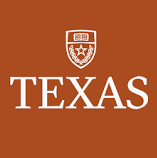 A scientist has
A scientist has 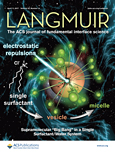 Despite a university’s attempts to avoid discussing a misconduct investigation involving one of its former (and prominent) researchers, we keep reading more about it.
Despite a university’s attempts to avoid discussing a misconduct investigation involving one of its former (and prominent) researchers, we keep reading more about it. Several years ago, a group of four chemists believed they had stumbled upon evidence that contradicted a fairly well-established model in fluid dynamics.
Several years ago, a group of four chemists believed they had stumbled upon evidence that contradicted a fairly well-established model in fluid dynamics.
